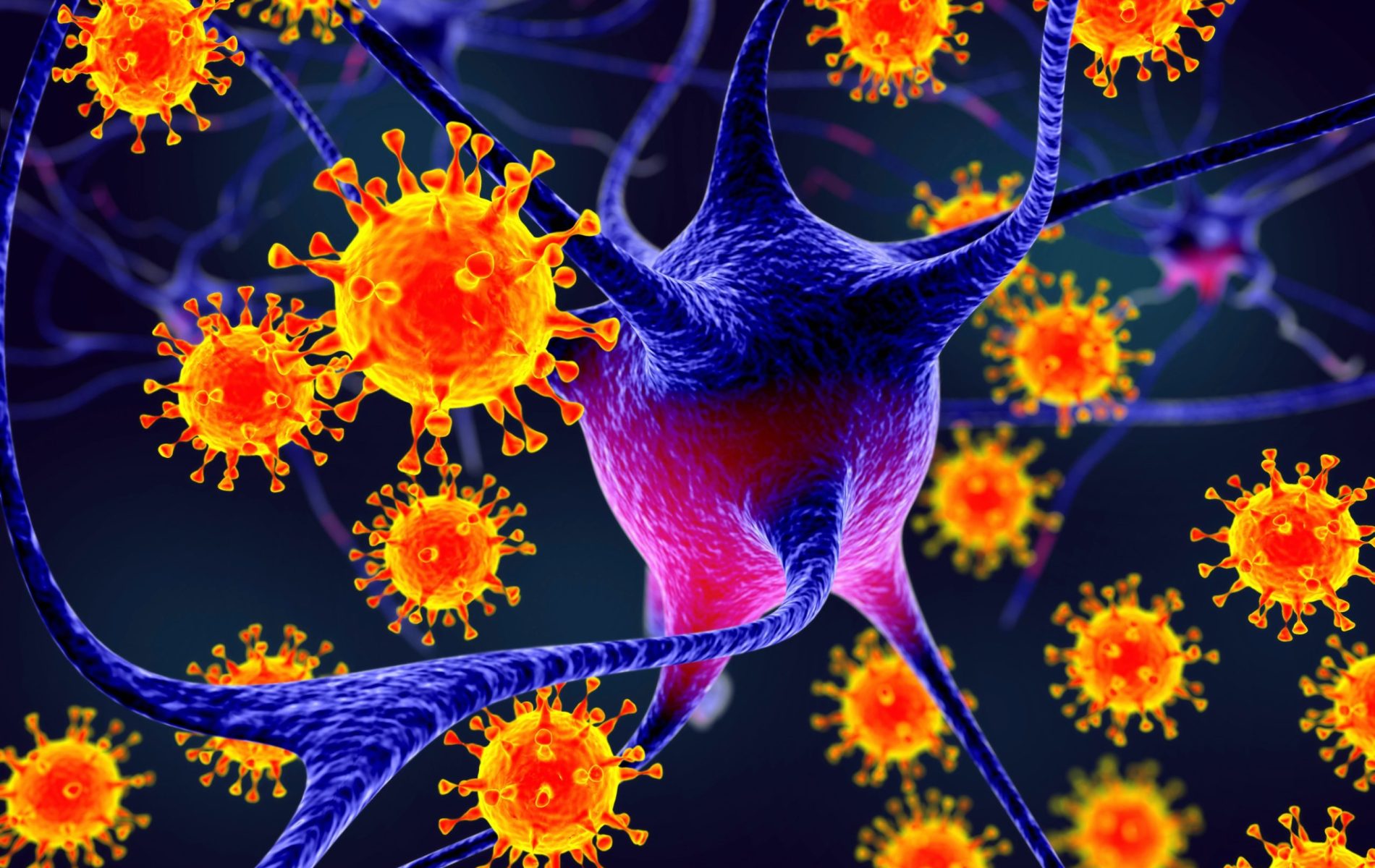We all know that children are constantly taking in new information and enjoy learning. We also know that their brains are expanding as they learn new skills and as they are exposed to different environments. But is there a point that our brain matures fully, and we reach our complete brain capacity? It was previously thought that the brain peaks once we reach adulthood, and then at that point, we can’t really do much more for our brain besides trying to live a healthy life. New research on the topic of Neuroplasticity says otherwise.
Neuroplasticity, or brain plasticity, is simply the process by which the brain changes or restructures itself to account for new information that it receives from the environment. In more recent years, it has been shown that even as adults, we are able to build our brain, especially the parts of our brain for learning and memory called the cortex and hippocampus. When these areas of the brain grow, we become faster in our processing of information, improve our memory, and expand our thinking capacity in general.
By doing things like learning a new language or instrument, taking a class that interests you, or even putting yourself in a new and unfamiliar environment, you are constantly improving your brain function and its peak capacity.

The cells in your brain are always in communication with each other. When you are doing your daily tasks, these cells are still firing and interpreting the information, but it doesn’t take that much effort on their part. When you are exposed to something new, however, these cells wake up a little more and get more practice sending information throughout the brain, making them more efficient and in turn, improving your brain function overall!

The concept of neuroplasticity is also especially good news for people who have sustained a concussion or TBI. Often, when a person has a brain injury, they lose some of the brain function they once had, or certain parts of their brain are impaired in some way. Luckily, neuroplasticity allows for the brain to re- wire itself by building new neural pathways and connections in the brain that cause the intact parts of the brain to take over and help the damaged areas to function properly. What an amazing vessel our brains are!
One way you can boost neuroplasticity in your brain is through Neurofeedback. This is a very effective way to train your brain back into working the way that it should be. With this noninvasive technique, the brainwaves are monitored and when the brain is not firing the way that it should be, there is a reward- training process that happens that over time; it redirects the brain back into firing the way that it should be. Neurofeedback can help with concussion symptoms, as well as simply help to make you calmer, more focused, and have overall better brain function. Research by Ghaziri in Canada has shown that Neurofeedback literally grow your brain, especially in areas that are critical for attention, focus, and decision making.
Beyond Neurofeedback, there are many other ways you can speed up this neuroplasticity process in your brain:
Aerobic exercise gets oxygen to the brain and builds new blood vessels to help blood move more smoothly throughout the brain and increase brain function.

Eating brain boosting foods like berries, fish, and nuts, as well as omega-3 fatty acid supplements will aid your brain in repairing itself.

Meditating daily and focusing on deep, calm, and even breaths help to build more neuropathways in the brain, ease anxiety, and help with your focus.
Getting 8 hours of good restful sleep is vital in the brain’s healing process, as well as in your abilities to function at your highest potential throughout the day.The bottom line is that you can “grow” your brain and expand your memory, attention, thinking, and executive function. At NeuroGrow Brain Fitness Center, you can sign up for a brain fitness program that combines neurofeedback with brain coaching (which is having a coach help you implement the above interventions into your daily routine and challenge your cognitive skills with fun brain games).
If you would like more information about Neurofeedback, or to find out more about how you can boost your brain through NeuroGrow’s brain fitness program, please visit https://live-neurogrow-2.pantheonsite.io/
This blog was written by Emily Scott and edited by Dr. Majid Fotuhi



